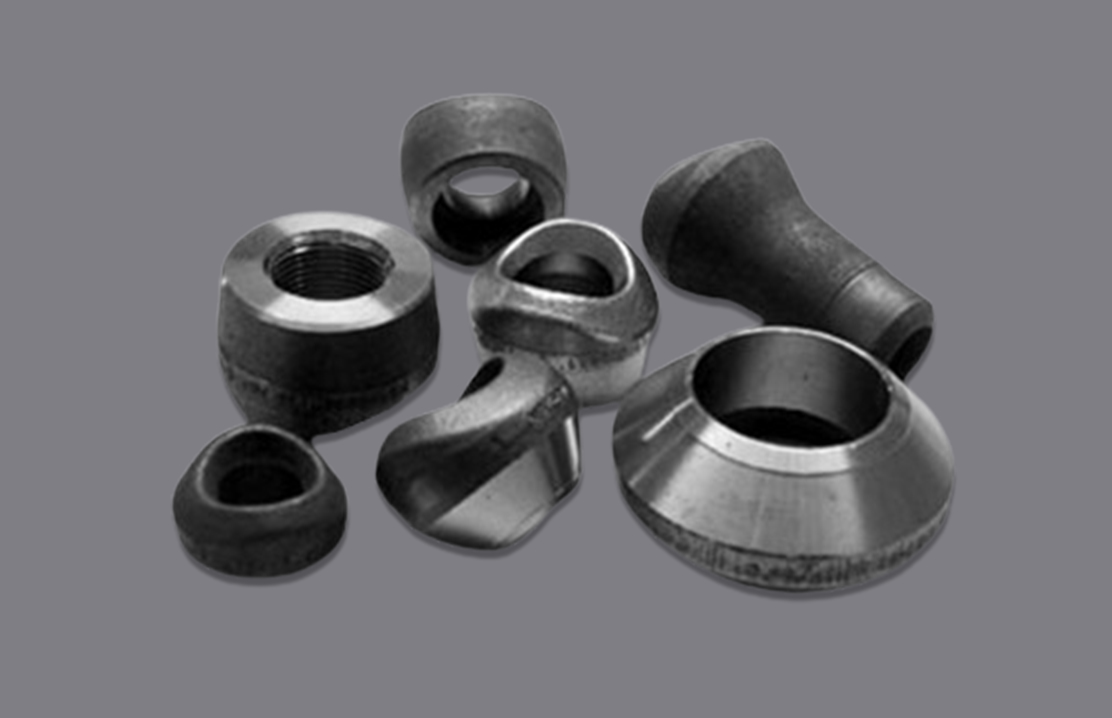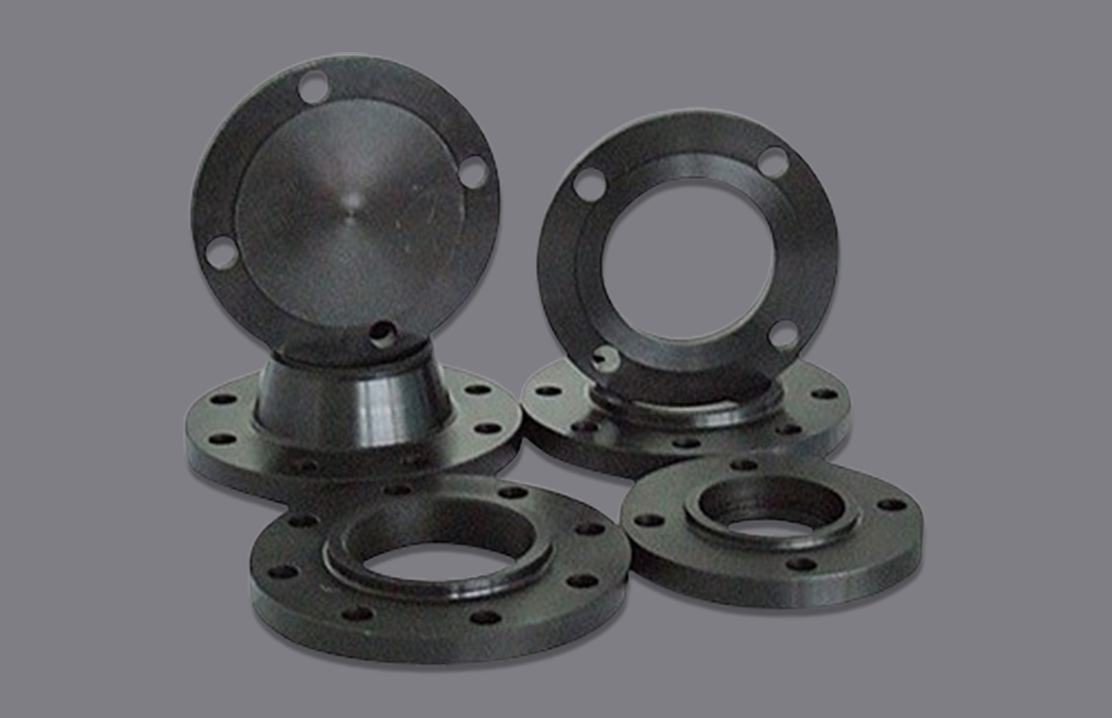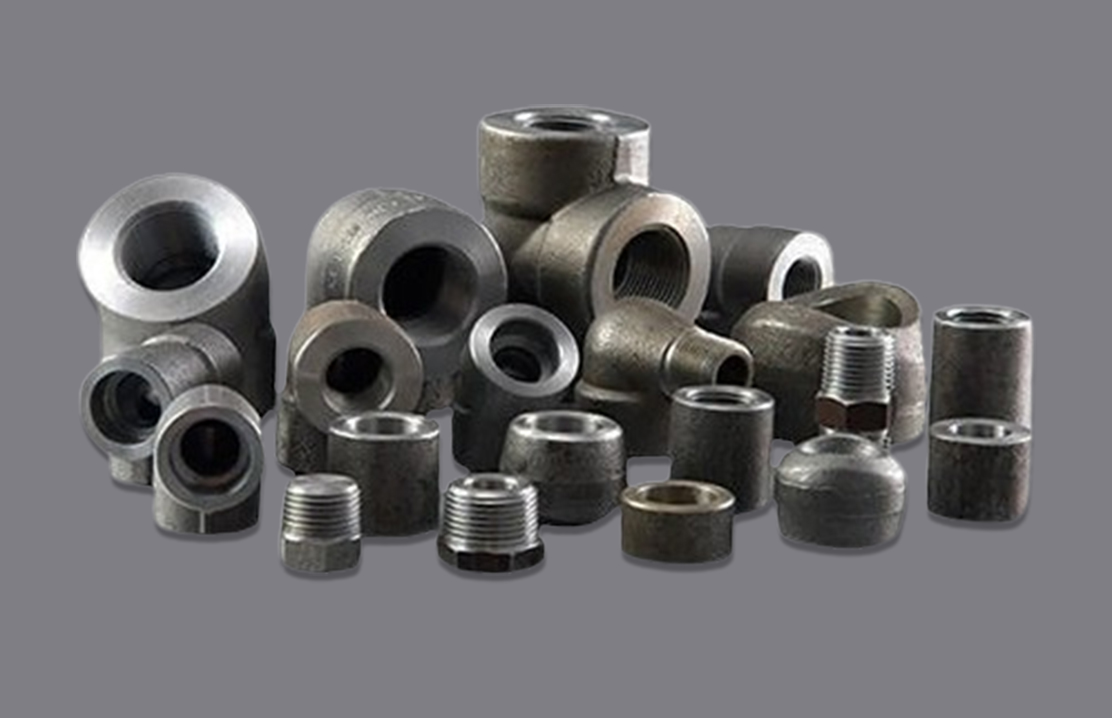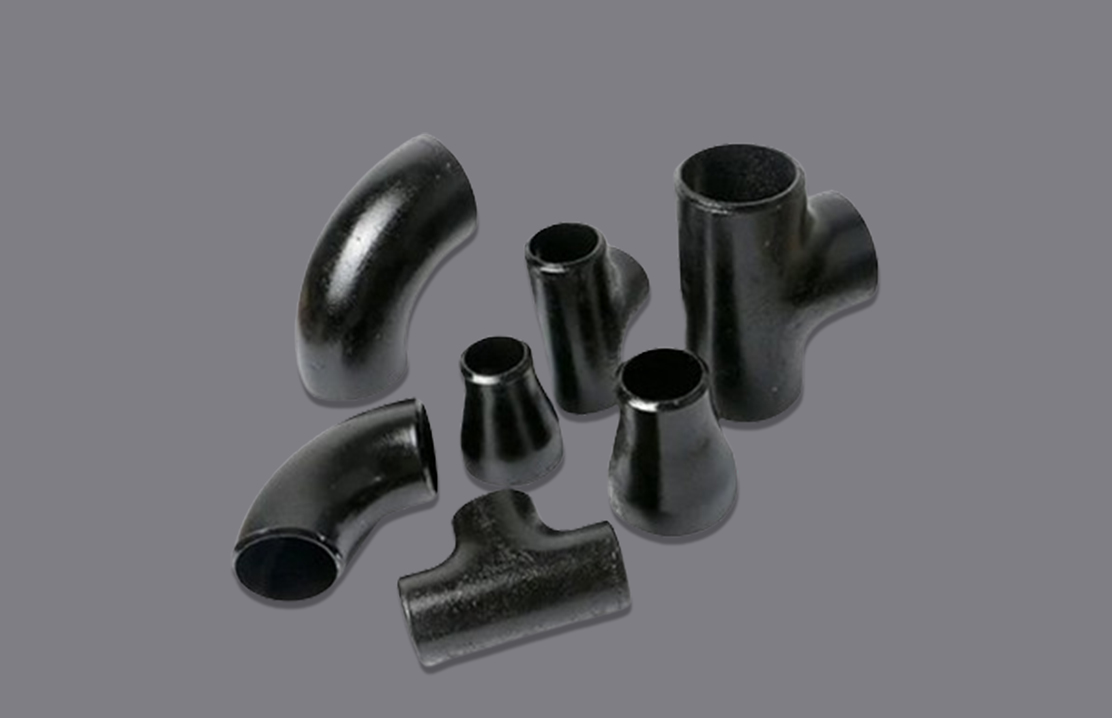Carbon Steel Cross Tee
Home - Carbon Steel - Carbon Steel Forged Pipe Fittings - Carbon Steel Cross Tee
Carbon Steel Cross Tee
Fortify your piping systems with EBY Fastener’s Carbon Steel Cross Tee. Manufactured for superior strength and durability, our forged tee is ideal for creating reliable branch connections in demanding piping applications. Meticulously crafted in accordance with industry standards, they ensure dimensional compatibility and leak-proof performance, giving you peace of mind for even your most critical processes
Expand your piping possibilities with EBY Fasteners’ selection of Carbon Steel Cross Tee. Find the perfect fit for your system with our wide range of sizes, pressure ratings, and carbon steel grades. Whether you need standard equal tee, reducing tee for diameter transitions, or tee for high-pressure lines, we have the solution to keep your project flowing smoothly


Choose EBY Fasteners for your next piping project and experience the difference our quality Carbon Steel Cross Tee can make. We understand the importance of reliable components, that’s why we prioritize quality control at every stage, from manufacturing to delivery. Our commitment to meeting your needs and exceeding your expectations is what sets us apart. Contact us today and let our team help you find the right cross tee solution


Choose EBY Fasteners for your next piping project and experience the difference our quality Carbon Steel Cross Tee can make. We understand the importance of reliable components, that’s why we prioritize quality control at every stage, from manufacturing to delivery. Our commitment to meeting your needs and exceeding your expectations is what sets us apart. Contact us today and let our team help you find the right cross tee solution
- ASTM Standards :
- ASTM A234 : This standard covers pipe fittings made from wrought carbon steel and alloy steel. It ensures material specifications, dimensional tolerances, and overall quality
- MSS-SP-75 : This standard specifically addresses high-yield strength wrought carbon steel butt-welding fittings, providing further guidance for specific pressure and temperature ranges
- ASTM A234 WPB : This is the classic workhorse grade for forged carbon steel components. It offers a good balance of strength, weldability, and affordability. "WP" indicates "Wrought Pressure" and "B" denotes a basic level of carbon steel quality.
- ASTM A420 WPL3 & WPL6 : These grades are designed for low-temperature applications. The "L" designates enhanced impact toughness, which minimizes the risk of brittle failure in cold conditions. You'd choose these for piping systems operating in cold climates or those handling cryogenic fluids.
- MSS-SP-75 WPHY 42/46/52/56/60/65/70 : These grades represent increasing levels of minimum yield strength. As the number increases, the steel becomes stronger. This allows for the same pressure rating with thinner walls, or the ability to withstand higher internal pressures. It's vital to match the grade to your system's specific operating pressures and temperatures
- Material : Carbon steel is a versatile choice, with different grades offering varying strengths, weldability, and temperature ranges. Grade selection is crucial in matching the tee's properties to your system's specific needs.
- Thickness (Schedule) : Designations like Schedule 5S, 10S, STD, XS, etc., refer to standardized pipe wall thicknesses. Your tee must have a thickness that aligns with the piping in your system to withstand operating pressures safely.
- Dimensions : Standards like ANSI/ASME B16.9 ensure dimensional consistency for seamless fittings. Adherence to these standards makes installation easier and guarantees reliable connections. For larger diameter welded tee, specifications like MSS-SP-43 may apply.
- Size : The tee must match the diameter of your piping. Seamless tee generally range from ½" to 24", while welded/fabricated tee go up to 48" in size, accommodating piping of various scales.
- Types :
- Welded, Seamless, Fabricated : These indicate the manufacturing method. Welded tee is made from plate, seamless from a solid billet, and fabricated by combining multiple pieces. Each method impacts cost, strength, and potential size range.
- Forms : Equal, Unequal, Reducer, etc.: These describe the branch configurations. An equal tee has all branches the same size, unequal has a smaller branch, reducer tee changes pipe size, and there are more specialized forms too
- Robust Forged Construction : The forging process results in a denser, more homogenous grain structure compared to tee made through other methods. This translates to enhanced strength, toughness, and reduced risk of leaks, making forged tee ideal for demanding applications
- Intersection for Branch Connections : The primary function of a cross tee is to create a 90-degree branch off your main piping line. This allows you to split flow, change directions, or integrate additional components into your system
- Carbon Steel Composition : Offers a balance of strength, weldability, and affordability for various piping applications. Careful grade selection can tailor the tee's properties to specific temperatures or corrosive environments
- Dimensional Standardization : Adherence to standards like ASME B16.9 and MSS-SP-43 ensures compatibility with other fittings and pipes within your system. This simplifies installation and alignment
- Variety of Forms : Available as equal tee (all branches the same size), reducing tee (for changing pipe diameter), and other configurations to meet specific piping layout requirements
- Pressure Handling Versatility : Offered in various wall thicknesses (schedules) and pressure ratings to match a wide range of system operating pressures
- Refinery & Petrochemical : They are used for splitting flows, directing fluids to different units, and integrating instrumentation or other equipment into the system. Their strength and durability are crucial for withstanding the pressures and potential stresses of refining operations.
- Chemical : Chemical processing facilities often utilize forged carbon steel cross tee for reliable branch connections in piping transporting chemicals, solvents, and potentially corrosive substances. It's important to select an appropriate carbon steel grade that offers the right level of corrosion resistance for the chemicals being handled.
- Oil & Gas : The oil and gas industry employs forged carbon steel cross tee in both upstream and downstream sectors. They facilitate the creation of branch lines off main pipelines, connect to processing equipment, and distribute oil or gas flows within gathering lines. Their forged construction offers the strength needed to handle the pressures associated with oil and gas applications.
- Power Plant : Forged carbon steel cross tee find applications in various support systems within power generation facilities. They might be found in cooling water lines, auxiliary process piping, and less critical process lines, providing robust branching points for system integration
Chemical Composition
| Element | Composition |
|---|---|
| Carbon | 0.35% max |
| Manganese | 1.65% max |
| Phosphorus | 0.05% max |
| Sulfur | 0.058% max |
| Silicon | 0.6% max |
| Copper | 0.4% max |
| Nickel | 0.4% max |
| Chromium | 0.4% max |
| Molybdenum | 0.15% max |
Carbon Steel Forged Pipe Fittings
- Carbon Steel 45-degree Elbow
- Carbon Steel 90 degree & Reducing Elbows
- Carbon Steel Cross Tee
- Carbon Steel Equal Tee
- Carbon Steel Forged Cap
- Carbon Steel Forged Full, Half and Reducing Coupling
- Carbon Steel Forged Nipple
- Carbon Steel Forged Union
- Carbon Steel Plugs and Bushings
- Carbon Steel Reducing Insert Fitting
- Carbon Steel Swage Nipples
- Carbon Steel Unequal Tee






